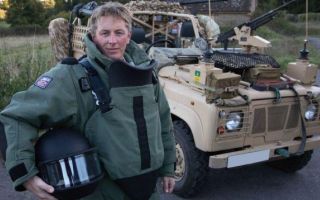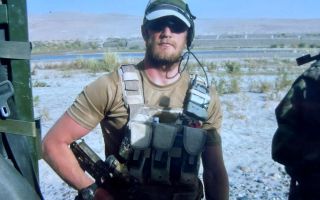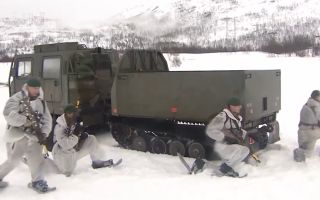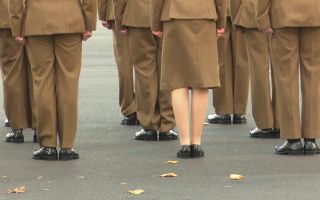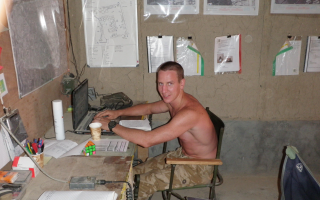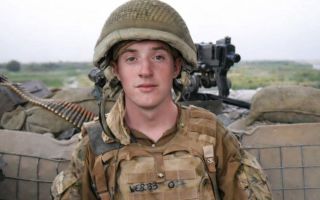Military's mobilisation of Sudan evacuation operation has been 'incredibly challenging' and 'complex'
The military's mobilisation to take on the Sudan evacuation operation has been "incredibly challenging" and "complex", an RAF commanding officer has said.
The first evacuation flights carrying British nationals took off from Sudan on Tuesday, with UK troops preparing to take over the running of the airfield, and there were more flights in the early hours and later on Wednesday as the evacuation is gathering pace.
903 Expeditionary Air Wing's Commanding Officer, Wing Commander Richard Fawkes said: "It's been incredibly challenging, because of the changing nature, we've had to work up several complex plans, involving numerous Royal Air Force aircraft, and a great number of military personnel who have been flown in from the UK over the last few days."
The British evacuation mission from Sudan has now lifted 301 people to safety over four flights, with the military racing against time to rescue citizens while a fragile ceasefire holds in the country.
RAF planes have been taking off from RAF Akrotiri in Cyprus to Sudan as part of a tri-service operation to collect the British nationals trapped there.
The operation has so far involved around 1,400 military personnel from the RAF, Royal Marines and 16 Air Assault Brigade.
Another RAF flight was preparing to depart the Wadi Saeedna airstrip near the capital of Khartoum on Wednesday afternoon, with a further three flights expected later in the day.
Downing Street said the flights have been "full or close to full", with no "significant issues" being faced by the evacuees who have been told to make their own way to the airfield.
More than 2,000 British nationals have registered in Sudan under evacuation plans, but thousands more could be in the country.
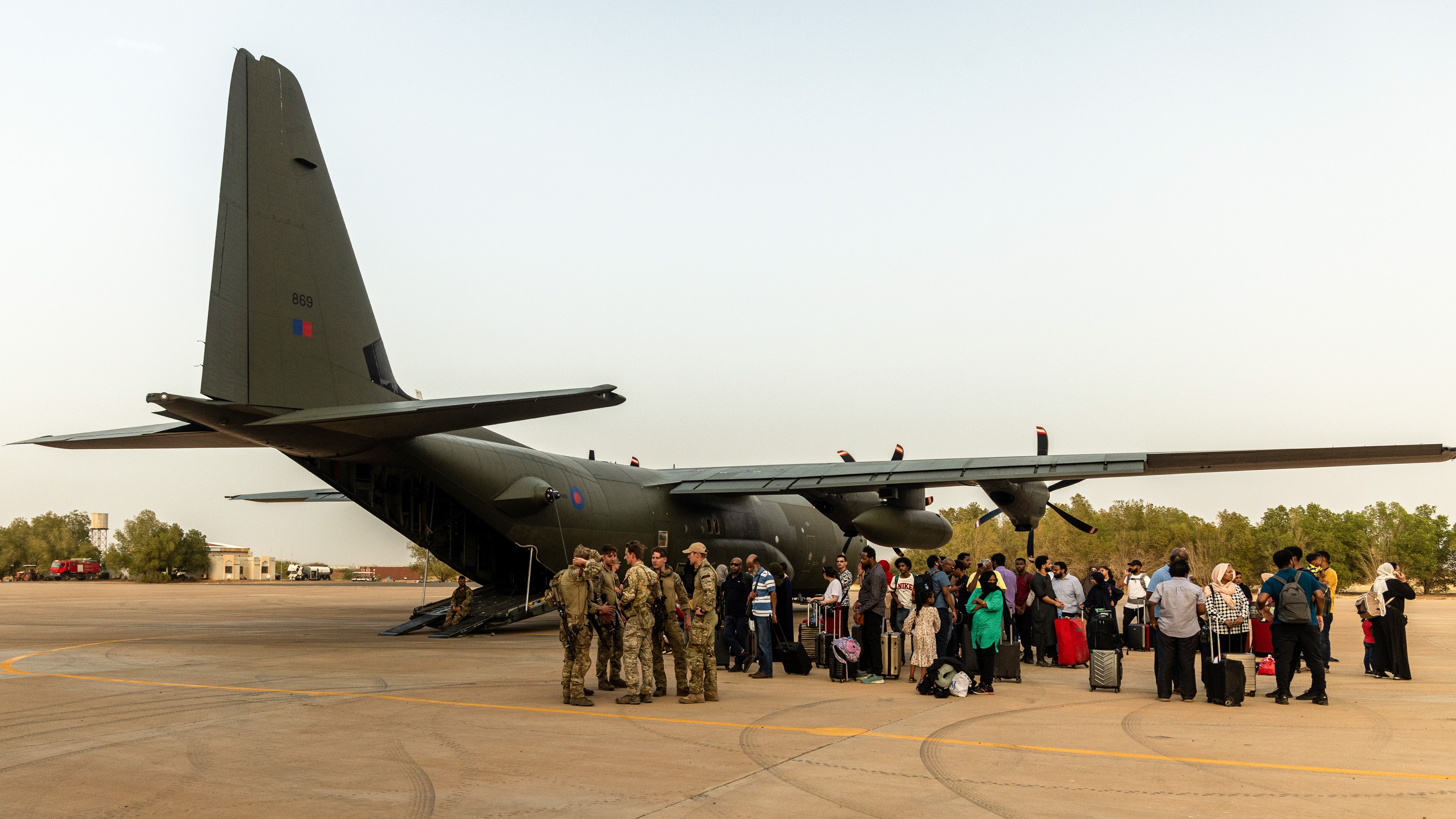
Flight Lieutenant Moulsdale, an RAF Operational Planner, highlighted the challenge of the many different forces elements.
Flt Lt Moulsdale said: "The challenge is, as you know there are many different force elements involved within this operation.
"As the planning element of that, it's ensuring we talk to everyone appropriately."
The Prime Minister's official spokesman said the operation in Khartoum is "running smoothly", while there is currently "no issue with capacity".
He told journalists that 301 people have been lifted to safety on four flights, with the total number of RAF planes to depart Khartoum due to double on Wednesday.
The official said the "majority" of the people on the planes were British nationals but that some will be citizens of allied countries.
He had not been informed of "large-scale problems" of non-British passport holders turning up and being told they are not eligible.
Despite nationals being told to make their own way to the airstrip, he said: "We are not seeing those who are making that travel having significant issues."
Downing Street hopes to carry on with flights throughout the week and does not believe there will be a need to "leave the airport imminently".
A 72-hour ceasefire brokered by the warring rival generals has largely held since it began in the early hours of Monday.
Wadi Saeedna
It is understood that if fighting resumes, the evacuation operation will not necessarily end, but it will present a greater risk to the safety of evacuees, troops and officials.
British forces are expected to take over command of the operation in Wadi Saeedna from German troops on Wednesday.
Some 120 British service personnel have been sent to the airfield, but the security of the site is being maintained by the Sudanese armed forces.
The military is ready to use force if needed if the site comes under attack, although the troops are primarily there to help with logistics and provide air traffic control.

